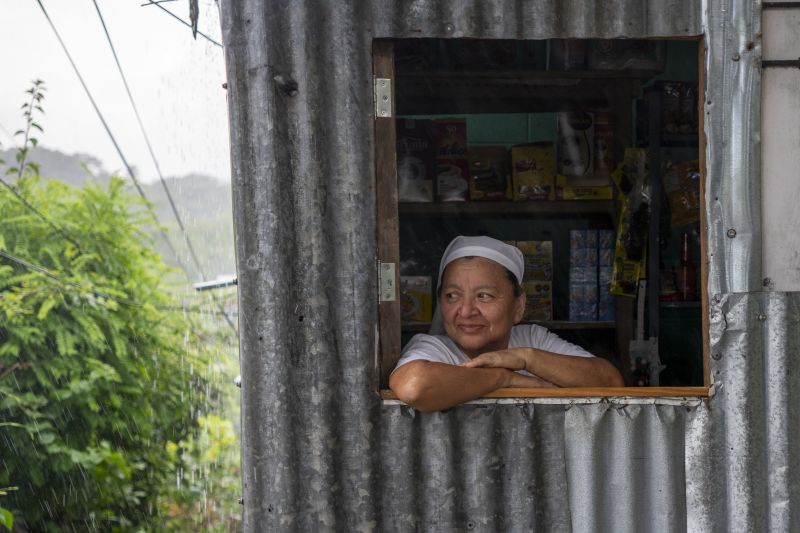The ongoing contention regarding the role and definition of ‘government’ is as old as civilization itself; those in power often believe they’re acting for the good of the people, while critics argue against their tactics and policies. This debate has never been more relevant than in the case of countries where the government is denounced by many as a dictatorship. Yet, in the same setting, a portion of the populace lauds their government, expressing feelings of unsurpassed freedom. To them, the supposed dictatorship isn’t a cause for concern but rather, the reason for their liberation.
Opponents of the government often rely on the classic definition of a dictatorship: a system of governance where one person or a small group possesses absolute power without effective constitutional limits. These critics argue that their government exhibits these traits. They express continual discontent over what they see as an erosion of human rights, checks and balances, and press freedoms. They believe their leaders are consolidating power, bypassing opposition, controlling national media, and instigating fear amongst dissenters. All of these actions, the critics maintain, point toward an undemocratic form of governance that closely resembles a dictatorship.
Despite the vehement criticism from these opponents, a faction of citizens within these same nations claim they’ve never felt more liberated. This apparent paradox may initially appear baffling, but a closer examination can yield insight into this thought-provoking perspective.
The citizens who are supporting the supposed dictatorship often come from backgrounds where they’ve experienced extreme socio-economic depravation, political neglect, or endured oppressive regimes in the past. Many of these supporters believe their current government is finally acknowledging their plight and providing them with a voice, after being marginalized for too long.
For instance, they perceive their government’s robust actions as necessary for the preservation of cultural identity, national sovereignty, and economic survival. In their eyes, the concentrated power in the hands of a few isn’t threatening but reassuring. They believe their leaders’ stern measures are only implemented to ensure the survival of the nation amidst external threats and internal conflict.
Another reason for this support could be economic relief. Citizens who have endured chronic poverty or unemployment often support any regime that provides them with financial stability. If the government in question has managed to boost the economy, create jobs, or raise living standards, their methods of governance may be overlooked by the people who were positively affected by these policies.
Moreover, the supporters often argue that previous democratic governments failed to protect them from rampant corruption, socio-economic disparity, and ineffective bureaucracies. They may view their current government as a necessary reaction to the failures of previous administrations.
There are also the very real effects of ‘nation-building’ rhetoric and policies. The supporters often perceive their government’s strong-handed tactics as being in the broader national interest. They feel proud of their growing influence on the global stage and credit their leaders for this newfound prominence.
Nevertheless, this stark dichotomy in perception and sentiment is often a trigger for social and political unrest. While critics engage in protests, lobbying, and advocacy against what they perceive as dictatorial actions, the supporters often respond with their rallies, further deepening the divide.
The divergent views of these two groups highlight a complex and multifaceted reality where the definitions of dictatorship and freedom are subjective and deeply influenced by personal experiences, cultural understanding, historical context, and socio-economic conditions. The ongoing discourse underscores the importance of dialogue, negotiation, and compromise in society to bridge the divide, ensuring a harmonious future for all its citizens.




